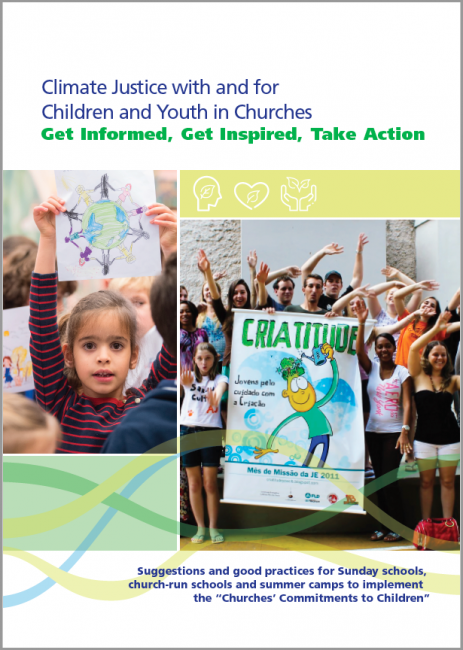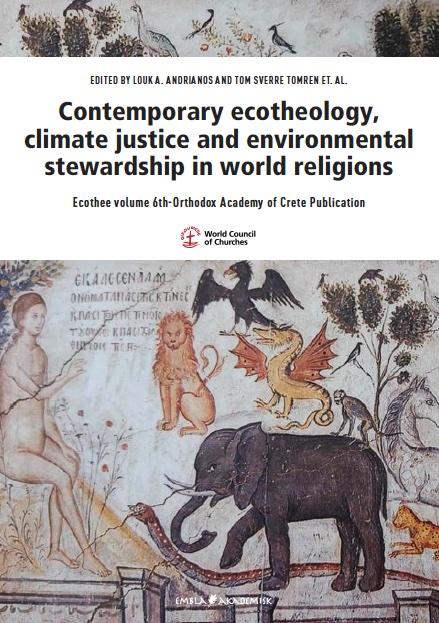Mostrando 1 - 20 de 43
Sumário Executivo
23 Marzo 2024
Compendium of Promising Practices of African Faith Community Interventions against Paediatric and Adolescent HIV
Executive Summary
23 Marzo 2024
Recommended Practices to Combat HIV-Related Stigma
A Guidebook for Local Faith Communities
05 Octubre 2023
Faith Sector Implementation of the Global AIDS Strategy
05 Octubre 2023
Llamados a la -Transformación Diaconía ecuménica
24 Junio 2023
Appelés à la Transformation - Diaconie oecuménique
24 Junio 2023
Zur Verwandlung aufgerufen Ökumenische Diakonie
15 Febrero 2023
HIV dan AIDS, Jejaring Masyarakat Sipil serta Sektor Lintas Agama
Pelajaran dari keterlibatan strategis di Indonesia, India, Republik Dominika, dan Jamaika
13 Febrero 2023
Redes de la sociedad civil en VIH y SIDA y actores religiosos
Lecciones aprendidas del involucramiento estratégico en la India, República Dominicana, Indonesia y Jamaica
07 Febrero 2023
HIV and AIDS Civil Society Networks and the Faith Sector
Lessons Learnt from Strategic Engagement in India, Dominican Republic, Indonesia, and Jamaica
31 Enero 2023
Climate Justice with and for Children and Youth in Churches
Get Informed, Get Inspired, Take Action
09 Noviembre 2022
Climate Justice with and for Children and Youth in Churches
Get Informed, Get Inspired, Take Action
09 Noviembre 2022
Walk the Talk
A Toolkit to Accompany the "Roadmap for Congregations, Communities and Churches for an Economy of Life and Ecological Justice"
09 Noviembre 2022
Walk the Talk
A Toolkit to Accompany the "Roadmap for Congregations, Communities and Churches for an Economy of Life and Ecological Justice"
09 Noviembre 2022
Called to Transformation - Ecumenical Diakonia
09 Junio 2022
Walk the Talk / Dalle parole ai fatti
Tabella di marcia per chiese e comunità per un’economia di vita e per la giustizia ecologica.
02 Febrero 2022
De las palabras a la acción
Conjunto de herramientas para acompañar la «Hoja de ruta para las congregaciones, las comunidades y las iglesias para una economía de vida y una justicia ecológica»
22 Diciembre 2021
Contemporary Ecotheology, Climate Justice and Environmental Stewardship in World Religions
Ecothee Volume 6th-Orthodox Academy of Crete Publication
19 Diciembre 2021
ZacTax Toolkit
24 Noviembre 2021








